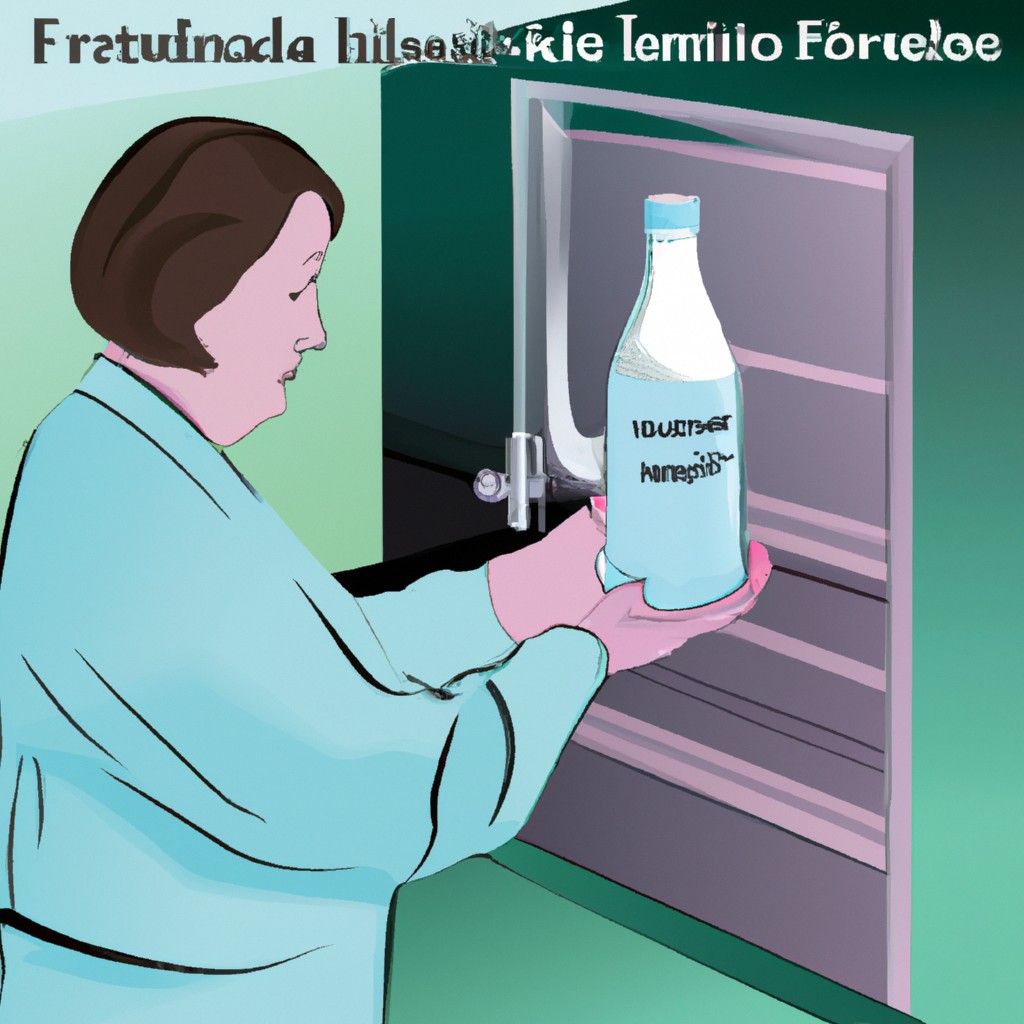Formula Feeding Guidelines

Formula feeding provides a convenient option for feeding infants. Follow the guidelines on the package accurately. Make sure to sanitize all bottles and nipples before using them. It is crucial to measure the formula accurately to avoid causing digestive issues in your baby. Observe your baby while feeding to ensure they are comfortable and not experiencing any difficulties. Formula feeding requires adherence to hygienic practices and proper storage of prepared formula. Seek advice from a healthcare provider for specific recommendations tailored to your baby's needs. Creating a feeding routine can help establish a sense of stability and predictability for your baby.
Read more
Benefits and Risks of Formula Feeding

Formula feeding provides convenience but lacks the vital antibodies found in breast milk. It allows more flexibility for mothers but increases the likelihood of allergies. Formula feeding offers a way for multiple caregivers to feed the baby but can be costly. It ensures precise measurement of intake but might lead to overfeeding. It allows for easier monitoring of intake but lacks the bonding experience of breastfeeding. Formula feeding can help mothers return to work sooner but may lead to a higher risk of infections. In conclusion, while formula feeding has benefits, it also carries certain risks that need consideration.
Read more












